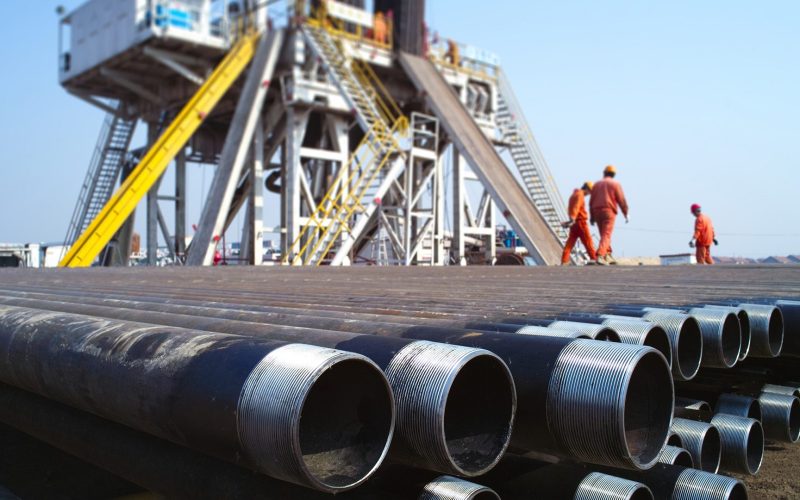THE VOICE FOR THE ENERGY CONSUMER

CEA’s Chris Ventura discussed how West Virginians are seeing benefits from energy production throughout their communities as new jobs with higher wages are being created every day. The availability of.

CEA Southeast Executive Director Tim Page commented on the importance of offshore energy exploration to South Carolina’s economy. The development of offshore resources will help reduce the costs of manufacturing.

Consumer Energy Alliance’s Rockies chapter has been educating energy consumers across the state with forums like the one held in Grand Junction to see how American energy development impacts manufacturing.

Texas is in the midst of an unprecedented increase in oil and natural gas production. As a result of this, pipelines are expected to reach capacity, preventing additional supplies of.

American energy production is at all-time highs providing us with an opportunity to become energy independent. Yet a lack of energy infrastructure threatens our ability to truly become energy secure..

CEA’s Brent Greenfield was interviewed at the Offshore Technology Conference “A more collaborative and cooperative approach between government and industry” marks the key legislative and regulatory trends that the U.S..

CEA’s Chris Ventura had the opportunity to sit down with Inside Shale to talk about CEA’s Campaign for America’s Energy in West Virginia as well as the Energy Consumer Protection.

From pipelines in Florida to North Dakota, and projects in-between, American energy independence is under assault by foreign governments like Russia that are trying to stop our energy renaissance by.

CEA Mid-Atlantic’s Mike Butler spoke out against Governor Wolf’s latest attempt at a severance tax, which will ultimately impact Pennsylvanians least able to afford higher energy costs. Unconventional drilling on.

Houston, TX — Consumer Energy Alliance (CEA), a national advocate for energy consumers, convened a policy panel discussion at the 2018 Offshore Technology Conference (OTC), in Houston, about “Offshore Energy:.